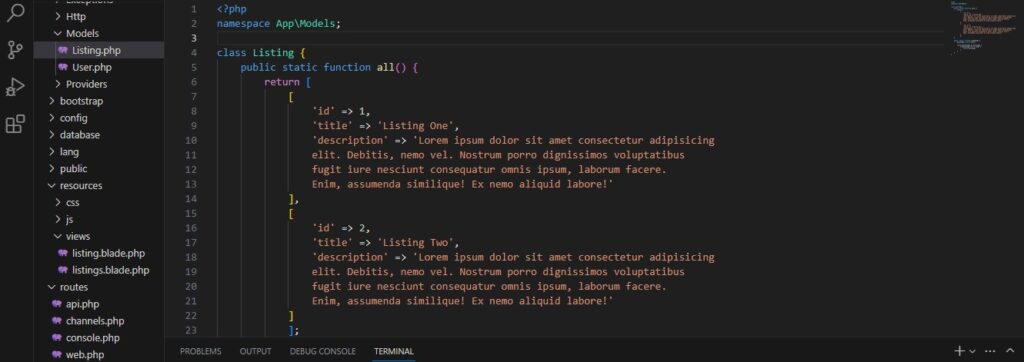In the world of technology, two terms that are often used interchangeably, yet possess distinct nuances, are “coding” and “programming.” While they might seem synonymous at first glance, a closer examination reveals significant differences in their scope, intent, and overall role within the software development process. As stakeholders in the software development industry, we at Bytevista find it crucial to elucidate the difference between these concepts to foster a better understanding of their implications in the realm of software engineering.

The Art of Coding
Coding can be likened to the craft of writing in a language that computers can understand. Given that most people do not write instructions for computers in machine language, the previous description is not entirely correct. It encompasses the process of translating human-readable instructions into machine-readable code. Coding involves the creation of the specific syntactical constructs, commands, and statements required for the implementation of a particular algorithm or functionality. This process is predominantly technical and is focused on the meticulous transcription of logic into a precise sequence of instructions.
Proficiency in coding often entails an adeptness in multiple programming languages, as well as a comprehensive understanding of the syntactic rules and language-specific nuances. Coders are akin to linguists who are skilled at communicating with computers by leveraging various programming languages such as Python, Java, C++, PHP and more.
The Science of Programming
Programming, on the other hand, goes beyond the mere act of coding. It encompasses a broader spectrum that encapsulates the entire software development lifecycle. Programming involves not only the creation of code but also the design, planning, analysis, testing, debugging, and maintenance of software systems. It is the systematic approach to problem-solving and solution-building using computational techniques.
Programming requires a holistic view of the software development process. It involves understanding the problem domain, devising efficient algorithms, designing user-friendly interfaces, optimizing performance, and ensuring the reliability and security of the software. In essence, programming is about crafting a solution that not only functions correctly but also meets the broader objectives of the project.
Bridging the Gap between Coding and Programming
While coding is an essential component of programming, it’s crucial to recognize that programming is a more encompassing endeavor. A proficient programmer excels not only in the technical intricacies of coding but also in the strategic aspects of software development. They possess the ability to architect systems, make design decisions, optimize algorithms, and collaborate effectively within a team.
In today’s fast-paced technological landscape, the distinction between coding and programming becomes particularly pertinent. As software systems grow in complexity and scale, the demand for programmers who can approach challenges with a holistic perspective becomes increasingly pronounced. The role of a programmer extends beyond writing lines of code; it involves the ability to think critically, adapt to changing requirements, and create solutions that align with the overarching goals of the project.
Conclusion
In conclusion, while coding and programming are interconnected, they are not synonymous. Coding is the act of translating human instructions into machine-readable code or into a language that can be translated to machine code, focusing primarily on the syntax and technicalities. Programming, on the other hand, encompasses the entire software development process, involving problem-solving, design, testing, and maintenance, in addition to coding.
Aspiring software engineers should strive to become not just proficient coders but adept programmers. Embracing the holistic mindset of a programmer equips individuals with the skills needed to tackle complex challenges and create software solutions that stand the test of time. By understanding and valuing the distinction between coding and programming, we empower ourselves to contribute meaningfully to the ever-evolving landscape of technology.
Bytevista Editorial Team
